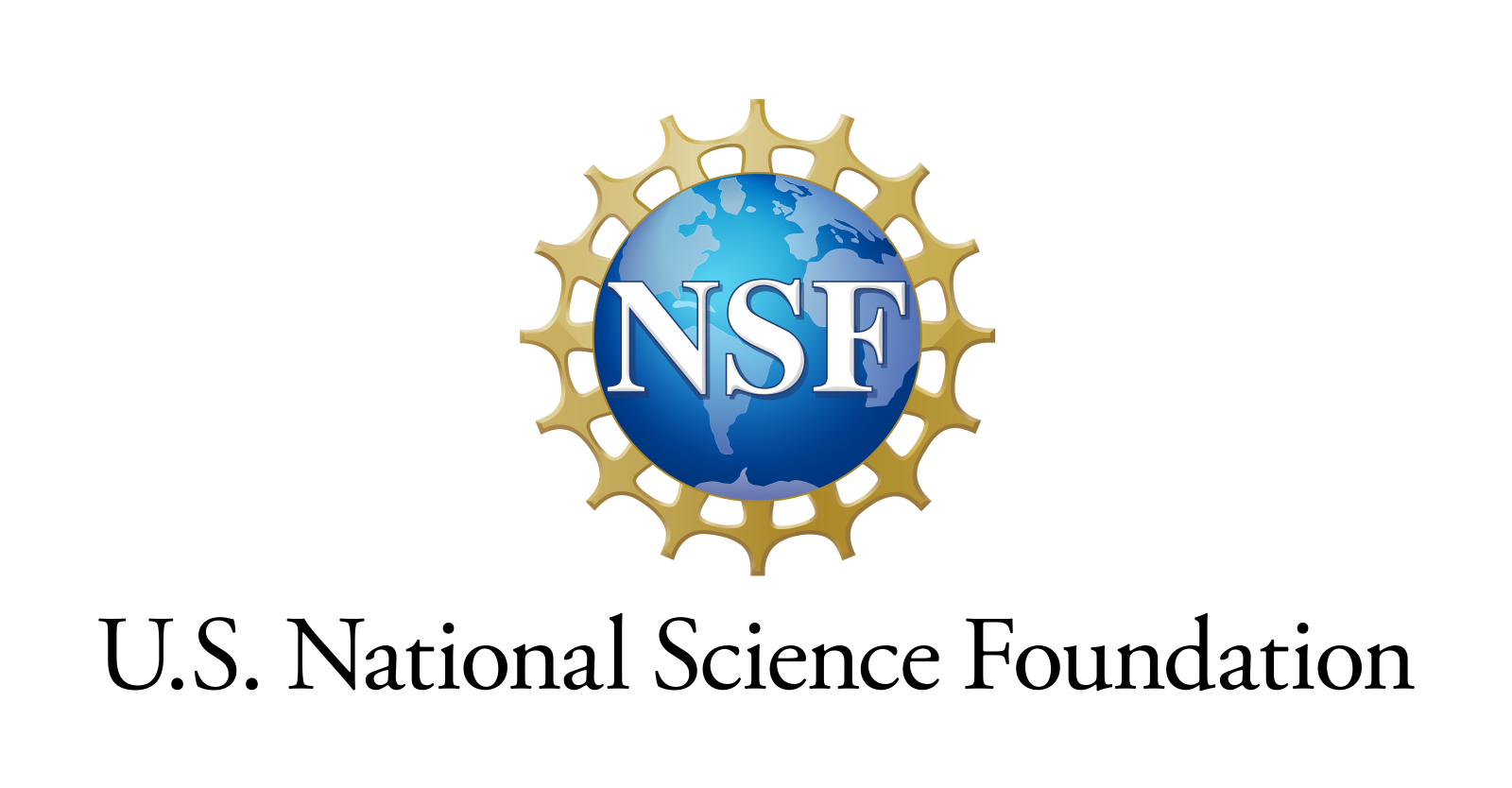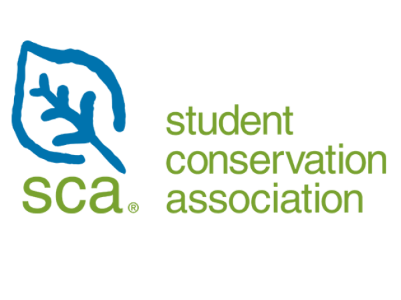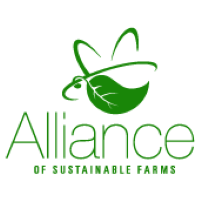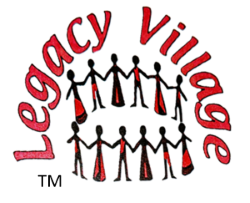
The Delta Project is a five-year project supported by the National Science Foundation (NSF) through its Established Program to Stimulate Competitive Research (EPSCoR) Track-2 Initiative. This collaborative initiative brings together researchers from Mississippi State University, the University of South Carolina, and Mississippi Valley State University, along with educators and community organizations, to address the complex challenges posed by climate change in the Yazoo-Mississippi Delta. Mississippi, with its susceptibility to climate-related disasters such as floods, droughts, hurricanes, and tornadoes, faces heightened risks, further compounded by historical factors that have shaped the Delta’s uneven geographies of risk and vulnerability.
Six themes are discerned within the project:
- Regional Climate Modeling
- Social Resilience Assessment
- Bridging the Climate Gap
- Climate-vulnerable Infrastructure and Health
- Climate Education
- Workforce Development
The overarching objectives of the Delta Project are to unravel connections between land use patterns and uneven climate vulnerability in the Delta, while investigating the resilience and adaptive capacity of underserved communities and supporting climate challenges through partnerships and education. The research methodology employs an interdisciplinary approach, combining climate modeling, spatial and statistical modeling, and qualitative methods such as interviews, focus groups, archival research, and participant observation. Additionally, collaboration with community colleges enhances the project's impact by offering educational opportunities on climate change and geospatial technologies.
The outcomes of this research are expected to guide disaster management and climate adaptation policy, while also training students, supporting early-career faculty, and establishing a sustainable program on climate change and community resilience with lasting impacts for underserved communities in the Delta.






